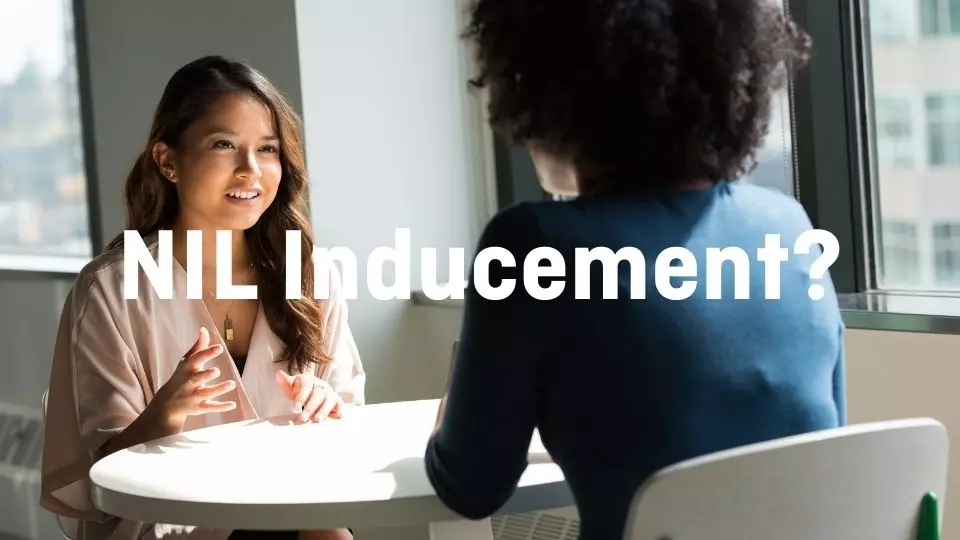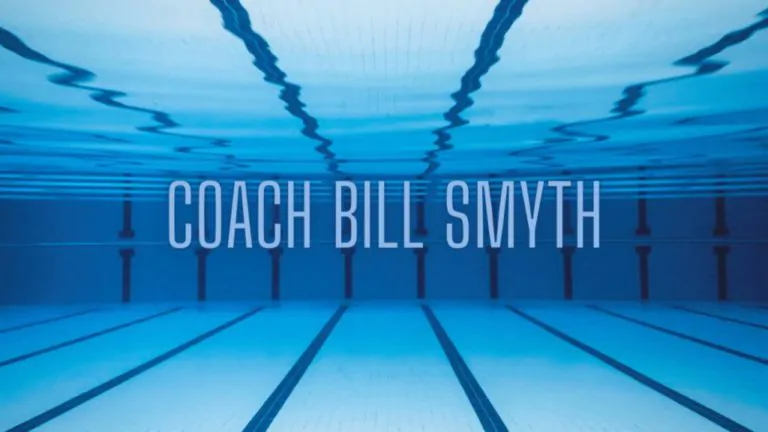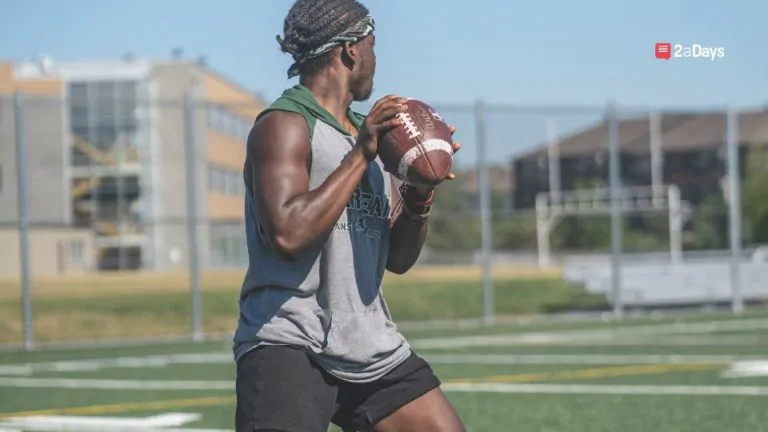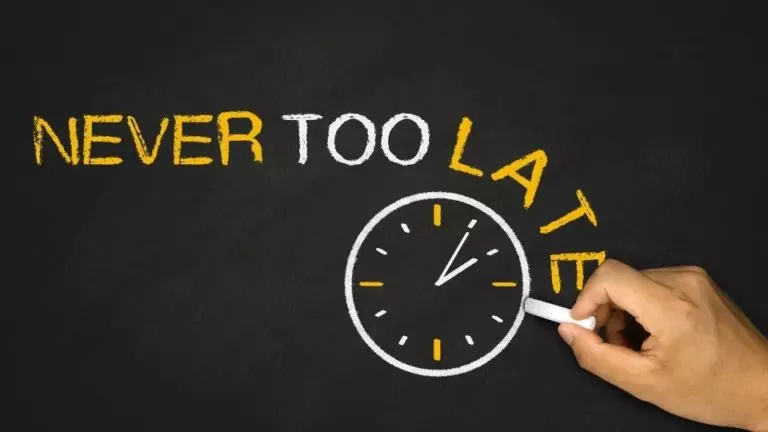There's recently been some controversy regarding college athletes' name, image, and likeness activity. Some of the deals athletes are signing are organized by boosters and could potentially sway athletes' decisions to attend a particular university. Although it can be argued that this is simply the free market functioning as it should, prospective and current college athletes need to be aware that some NIL deals, regardless of intent, could be considered inducements, which are banned by the NCAA; and, the NCAA is actively looking into these arrangements.
What is an Inducement?
Essentially, an inducement is an incentive offered to only some athletes to sway their decision to attend a specific university. Think of it as pay-for-play: if, for instance, a college athlete is offered money, perks, or favors by a third party on the condition that the athlete commits or transfers to the third party's university of choice, that's an inducement, and it's against NCAA rules. It's also, per NCAA policy, the athlete's responsibility to make sure they are following NCAA rules, and a failure to do so could result in them losing their eligibility.
What Does the NCAA Have to Say About Inducements?
According to the NCAA's official rulebook, the Division 1 Manual, “An institution's staff member or any representative of its athletics interests shall not be involved, directly or indirectly, in making arrangements for or giving or offering to give any financial aid or other benefits to a prospective student-athlete or his or her family members or friends, other than expressly permitted by NCAA regulations.” This basically means that institutions and third parties aren't allowed to sway a high school athlete's decision to attend a university using money or other gifts (aka inducements). The Division 1 Manual also lists the following as inducements: loans, free or reduced cost services or housing, gifts of clothing or equipment, employment arrangements, loans and gifts to family members, and in some cases, uses of equipment or academic services.
Questionable NIL Deals
Now that college athletes can monetize their NILs, there have been several deals in the news that have begged the question: does this fall in line with NCAA policies? For example, last July, a booster from the University of Miami offered every scholarship athlete $500 per month to help promote his MMA gym. Similarly, last August, protein bar company Built Brands announced that it would pay the tuition of every walk-on athlete on Brigham Young University's football team. Both deals sent up red flags for the NCAA. In December, NCAA president Mark Emmert said the NCAA is looking into “a number” of such NIL deals, including those at Miami and BYU. More recently, former NFL quarterback, Charlie Batch, offered University of Oklahoma quarterback, Caleb Williams $1 million to transfer to Batch's alma mater, Eastern Michigan University. Williams ended up transferring to USC, which was probably a good call, because the deal looked a lot like a pay-for-play setup.
Aside from the Caleb Williams' situation, it's ironic that NIL deals that could be considered inducements also have the potential to help college athletes academically. Although the deal offered to the Miami football players only pertained to scholarship athletes, the deal offered to BYU players only pertained to walk-ons who don't earn athletic scholarship money (other athletes were offered individualized deals). Because the NCAA limits the number of scholarships athletic teams are allowed to have, if the NCAA decides that these deals don't violate NCAA rules, there could be serious implications for recruiting in universities that can fund walk-ons via NIL deals as those universities could afford more talent—and that could be really good for college athletes and parents wondering how they are going to pay for their athlete's education.
As of now, current and prospective athletes should be wary of team-wide deals or any NIL deal that depends on their attendance at a specific university. If you're unsure, communicate with coaches, compliance officers, and possibly even lawyers.
Have an idea for a story or a question you need answered? Want to set up an interview with us? Email us at [email protected]
* Originally published on March 15, 2022, by Katie Lever, Ph. D







